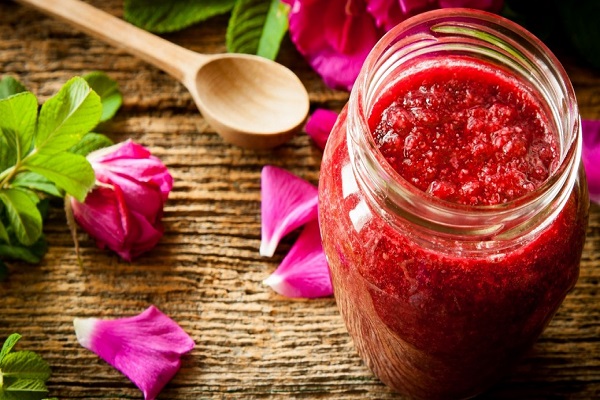Artificial Sweeteners May Speed Up Brain Ageing by 1.6 Years, Study Finds

New Delhi | September 5, 2025 Artificial sweeteners, long promoted as healthier alternatives to sugar, may be quietly harming the brain. A new study published in the journal Neurology has warned that consuming popular low- and no-calorie sweeteners could accelerate brain ageing, impair memory, and reduce word recall abilities. What the Study Found The researchers followed nearly 13,000 people in Brazil over an average of eight years. Participants, with an average age of 52, provided detailed dietary information and underwent cognitive tests at the beginning of the study and on three later occasions. The findings were stark. People who consumed the largest amounts of artificial sweeteners experienced a 62% faster decline in cognitive abilities than those who consumed the least. This decline was equivalent to 1.6 years of brain ageing. Individuals in the highest tier consumed about 191 milligrams of artificial sweeteners daily—roughly equal to a teaspoon. For comparison, a single can of diet soda contains between 200 and 300 milligrams, according to the World Health Organization (WHO). Participants in the middle tier, consuming moderate amounts, also saw negative effects, with a 35% faster cognitive decline, equivalent to about 1.3 years of ageing. Common Sources of Sweeteners The study examined artificial sweeteners such as aspartame and saccharin, which are frequently found not only in diet sodas but also in: Flavoured waters Low-calorie desserts Energy drinks Researchers concluded that frequent consumption of these sweeteners could have long-term effects on cognitive health. “Our findings suggest the possibility of long-term harm from low- and no-calorie sweeteners, particularly artificial sweeteners and sugar alcohols, on cognitive function,” the authors wrote. Broader Health Concerns This isn’t the first time artificial sweeteners have raised health concerns. Just last month, an Australian study linked drinking a single can of diet soda daily to a 38% higher risk of developing type 2 diabetes. Interestingly, the risk associated with artificially sweetened beverages was greater than that linked to regular sugary drinks, which raised diabetes risk by 23%. While the link between sugary drinks and diabetes has often been attributed to obesity, researchers noted that the connection between artificial sweeteners and type 2 diabetes persisted even after adjusting for body weight. This suggests a potentially direct effect on metabolism. What It Means for Consumers Artificial sweeteners have been widely embraced by people seeking to cut calories, manage diabetes, or lose weight. But these findings highlight a potential trade-off: while sweeteners may reduce sugar intake, they could simultaneously affect brain function and long-term health. Health experts caution that moderation is key. Reducing consumption of both sugary and artificially sweetened beverages in favour of water, natural fruit, or unsweetened alternatives may be the safer route. The Takeaway As the study underscores, artificial sweeteners are not risk-free. With evidence linking them to both cognitive decline and metabolic issues, consumers may want to reconsider their reliance on diet sodas and low-calorie treats. The debate over sugar versus sweeteners is far from settled, but this new research adds weight to the growing concern that “sugar-free” may not always mean “risk-free.” Artificial Sweeteners May Age the Brain A new study published in Neurology warns that popular artificial sweeteners like aspartame and saccharin may accelerate brain ageing by up to 1.6 years. Researchers tracked nearly 13,000 people over eight years and found those consuming the highest amounts of sweeteners—equivalent to one can of diet soda daily—showed a 62% faster decline in memory and word recall. The findings suggest that while marketed as a healthier alternative, low- and no-calorie sweeteners may carry hidden risks for cognitive health. Experts advise moderation and turning to natural, unsweetened options instead.




